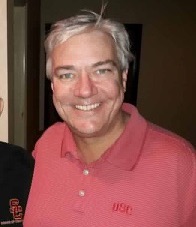Musings From Arledge: How Good is USC?
loading...
loading...
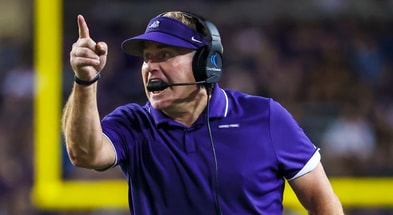
Lincoln Riley formally introduced Gary Patterson as USC’s new defensive coordinator the other day, and one thing became immediately clear; The way...
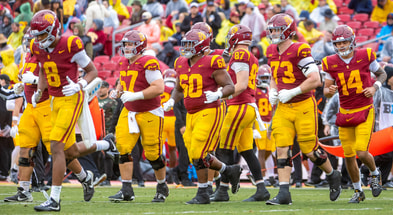
Thoughts and key takeaways from USC's 2026 Big Ten conference schedule that was released yesterday....

The USC Trojans have their 2026 Big Ten conference football schedule....
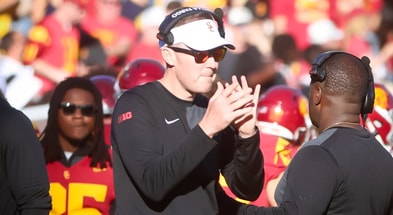
The USC Trojans are set to add secondary coach Paul Gonzales, a longtime assistant of new defensive coordinator Gary Patterson....
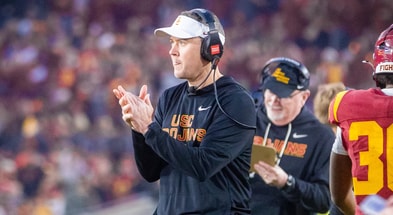
On the Monday after a USC football performance I tend to drift into the land of pointless hypotheticals — the “what-ifs.” What could have happened if...
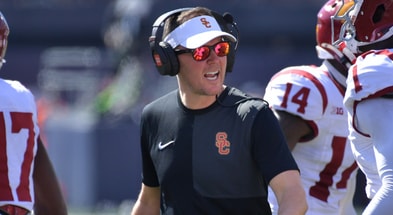
If you fly more than once a year, you know the spiritual agony of a holding pattern. The pilot crackles over the PA about “expected delays” and...
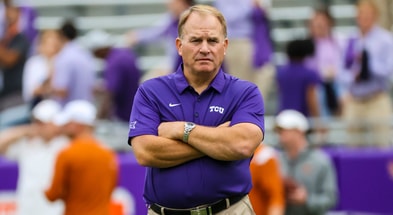
Musings takes a deep dive into new USC defensive coordinator Gary Patterson's 4-2-5 defense, including its goals and principles....

Compiling hours of videos with new USC defensive coordinator Gary Patterson talking defense from his time at TCU....
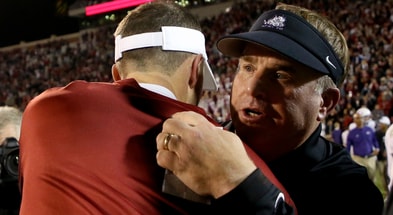
Former TCU head coach Gary Patterson has been officially named the new defensive coordinator for Lincoln Riley and the USC Trojans....
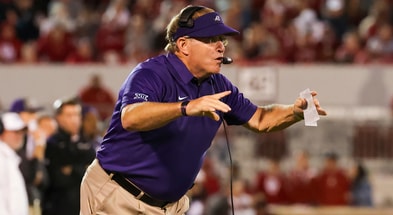
The USC Trojans hired College Football Hall of Fame coach Gary Patterson as its new defensive coordinator. Here's five things to know....
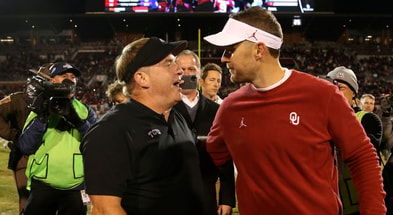
Musings looks every angle as the USC Trojans are bringing former TCU head coach Gary Patterson on as defensive coordinator....
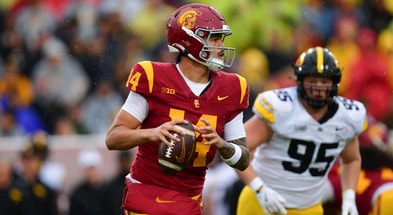
The Way-Too-Early On3 Top 100 college football players for 2026 list is out and we take a look at it from a USC Trojans slant....

“USC Likes To Be Fashionably Late.” I wonder, after waiting this long to hire USC's next defensive coordinator, if this is more about runway vibes...
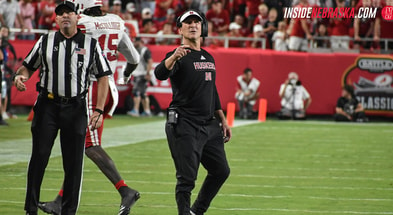
What kind of immediate results can USC fans expect from new special teams coach Mike Ekeler in his first season with the Trojans?...

By the time USC fans finish refreshing their timelines, one thing will become clear: Gary Patterson isn’t a splash hire built for headlines. This is...
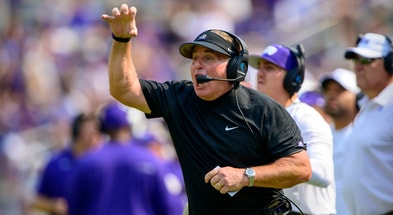
USC is closing in on hiring former TCU head coach and College Football Hall of Famer Gary Patterson as its new defensive coordinator....
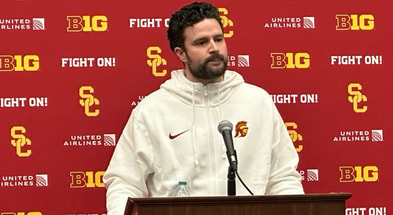
Apparently, the USC players headed to campus last night and were informed defensive backs coach Doug Belk won’t be returning. Belk came to USC two...
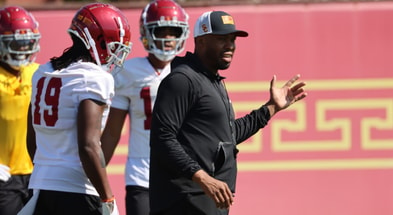
Defensive secondary coach Doug Belk won't return to the Trojans in 2026 after two years as an assistant at USC....
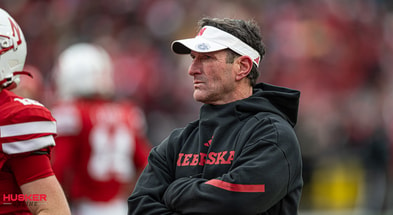
The USC Trojans have hired a new special teams coordinator as Mike Ekeler is joining Lincoln Riley's program....
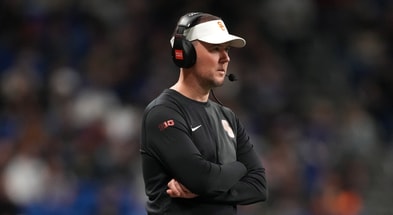
The USC Trojans finished inside the top 20 of the final AP Poll of the 2025 season after starting the year outside the rankings....
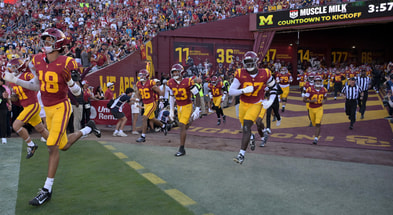
The Big Ten will announce the 2026 conference football schedule next week....
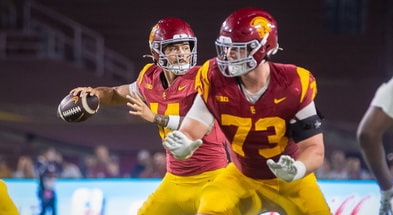
On3 released it's Way-Too-Early Top 25 rankings for the 2026 season. Where do the USC Trojans land in the early look at next year?...
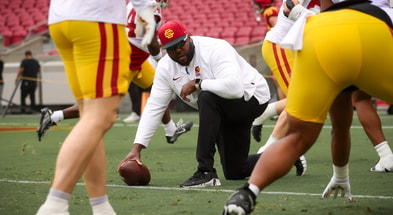
On the Monday following USC’s football performance I like to think about some “what-if questions.” Mind numbing hypotheticals like, “what would have...

As the USC defensive coordinator search continues, are the Trojans down to two options to fill the position?...
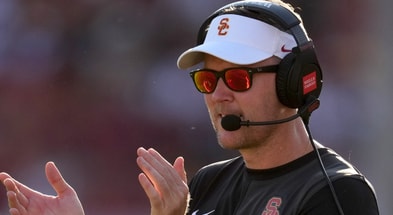
Winning is the ultimate prize in sports. Trophies don’t care about your feelings, your portal board, or how many coaches you ghosted on LinkedIn. And...
Garry Paskwietz was a pioneer in bringing team-specific sports coverage to the internet. He founded WeAreSC in 1998 and was an Emmy winner for his work with Fox Sports West. Always generous with his time, knowledge, and compassion, he touched the lives of countless USC and high school football fans.
